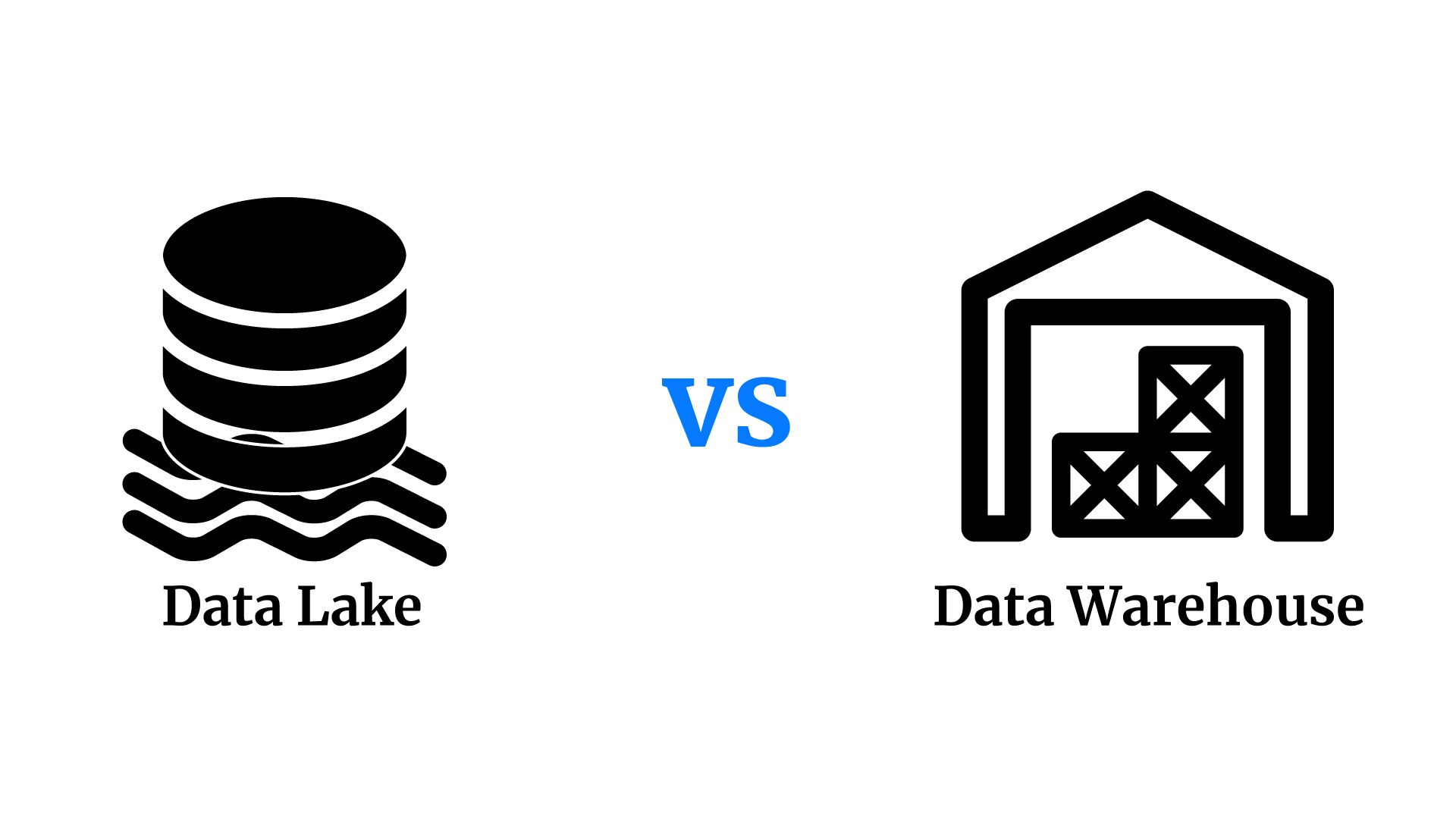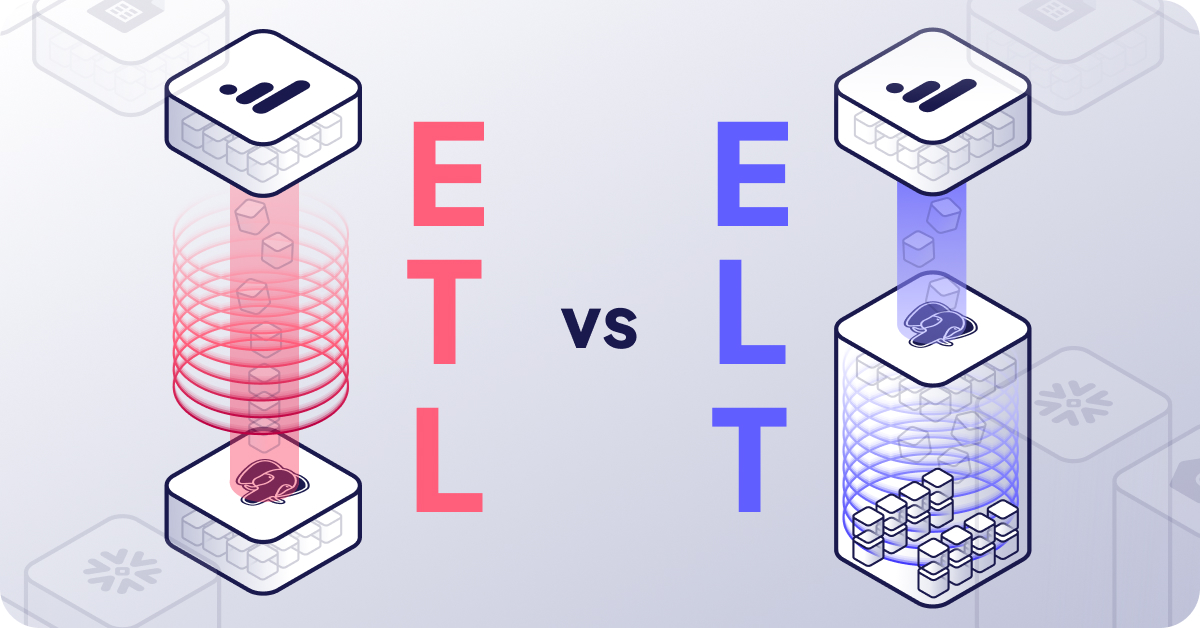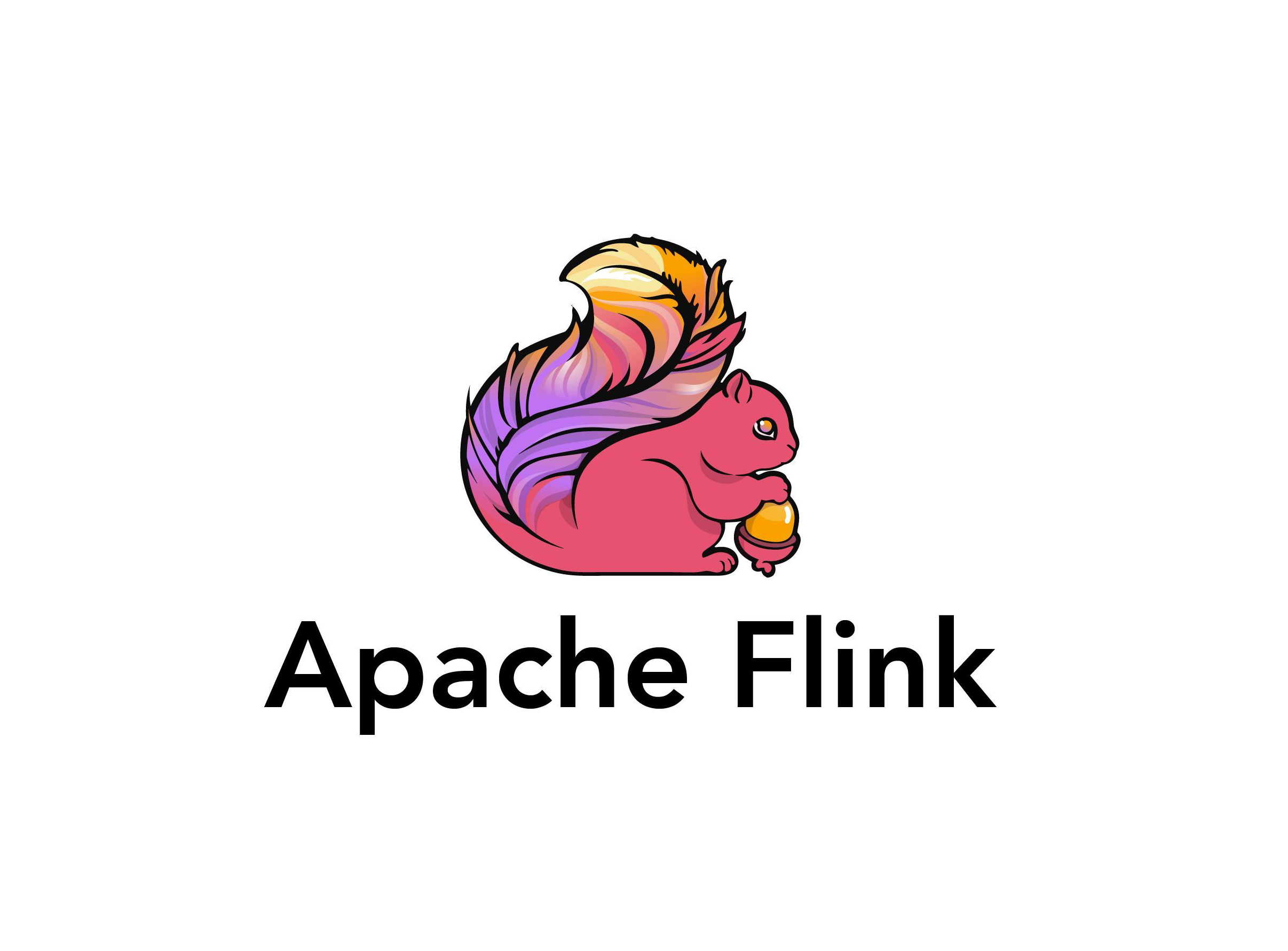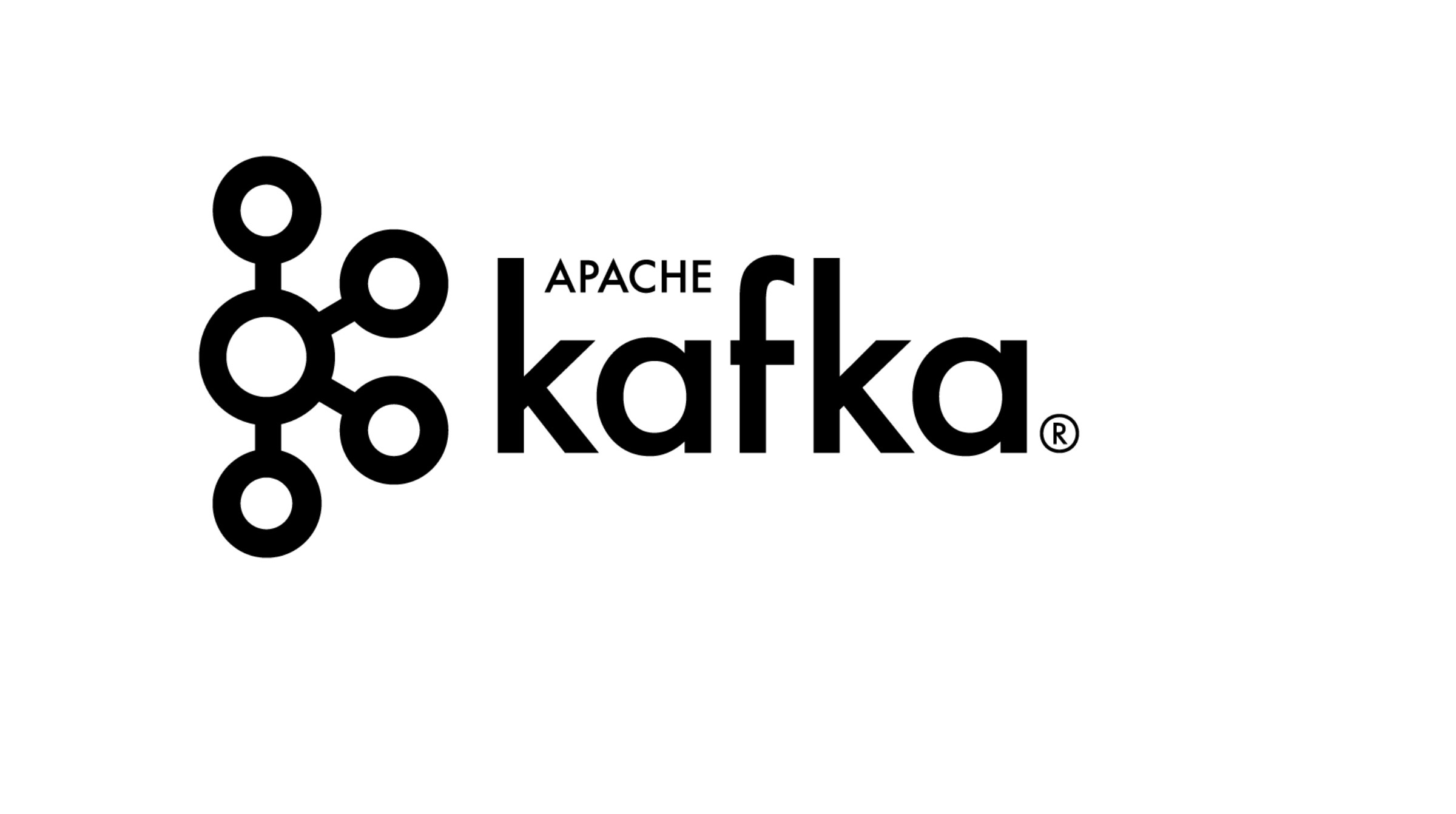The Power of Cloud Composer: A Comprehensive Guide
Published

Cloud Composer is a fully managed workflow orchestration service that allows you to create, plan, and monitor pipelines that span different cloud services and on-premises environments. It is based on Apache Airflow, an open source project, and is intended to create and Managing complex data pipelines simplify. In this blog post, we will explore the power of Cloud Composer and provide a comprehensive guide on how to use it effectively.
Getting started with Cloud Composer
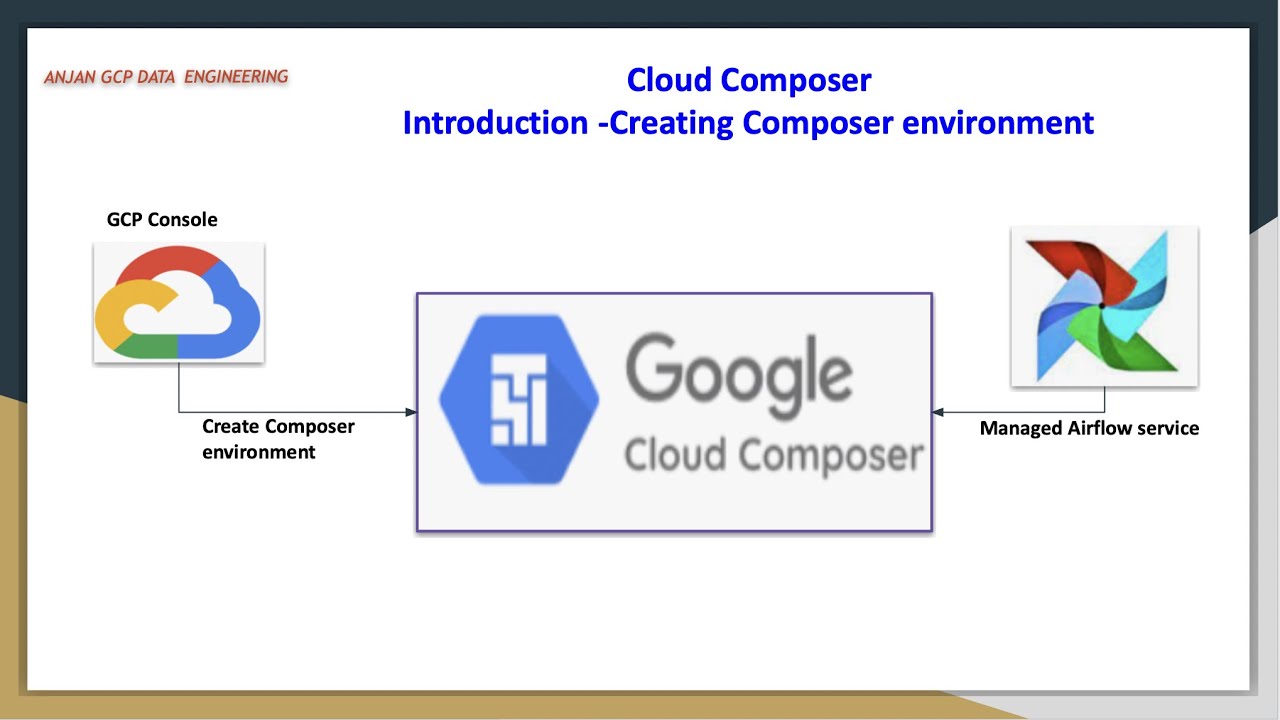
Those : youtube.com
To get started with Cloud Composer, you must first create a new instance in the Google Cloud Platform (GCP) Console. Once you've created an instance, you can start creating and managing your workflows using the Airflow interface. The UI provides a user-friendly interface that allows you to define your workflows, dependencies and triggers.
Creating workflows with Cloud Composer
Cloud Composer offers a variety of pre-built operators that you can use to create your workflows. These operators include operators for various cloud services such as Google Cloud Storage, BigQuery and Cloud Dataflow. You can also use custom operators Python create and use in your workflows. In this section we will explore how to create workflows with Cloud Composer and use the different operators available.
Planning workflows with Cloud Composer

Those : comidoc.net
One of Cloud Composer's most important features is its ability to schedule workflows. You can schedule your workflows at specific times or in response to specific events such as the completion of another workflow. Cloud Composer uses the Airflow scheduler to manage workflow scheduling. In this section, we will explore how to schedule workflows using Cloud Composer.
Monitoring workflows with Cloud Composer
Cloud Composer provides a powerful monitoring dashboard to monitor the status of your workflows in Real time can monitor. The dashboard provides detailed information about the status of each task in your workflow, including start and end times and any errors or failures that occur. You can also set up alarms to be notified when a task fails or when a workflow completes successfully. In this section, we will explore how to monitor workflows with Cloud Composer.
Conclusion

Those : ancoris.com
In summary, Cloud Composer is a powerful tool that can help you simplify the creation and management of complex data pipelines. It provides a user-friendly interface for creating and managing workflows and integrates seamlessly with various cloud services. With its powerful scheduling and monitoring features, Cloud Composer can help manage your Data workflows to optimize and improve the efficiency of your data processing pipelines.
